
Shocking inequalities suffered by deaf and hard-of-hearing people in Salford have been laid bare in a new report.
The report has been published by the Salford/Deaf Community Gathering group, which says ‘the statutory duty imposed on public services and the necessary recommendations highlight years of inaction’.
When there is action taken to improve inequalities, it means ‘a process of consultation after consultation where action is minimal or stalls for many reasons.’
Much of the criticism in the study is directed at doctors’ surgeries and hospitals where, it says, the Equality Act 2010 is being largely ignored.
In particular, a lack of awareness by medical staff of how to access British Sign Language (BSL) interpreters is an issue.
One of the major aspirations of the deaf and hard-of-hearing community underlined in the report is ‘true independent living’.
“True independent living is when ‘a person has control over their life and are able to make choices’,” it says.
Quote
“In the 1980s deaf people largely relied on public and voluntary services from the social services or Salford Diocesan Catholic Deaf Church in Manchester or Manchester Deaf Centre.
“Salford is rich with resources to help, support and empower the community – only finding it is like searching for the right piece of the 1,000-piece jigsaw first-time.”
It said that during the Covid-19 pandemic many deaf, hard-of-hearing and hearing-aid users [referred in the report as the d/Deaf] were ‘disproportionately affected’ by the lack of awareness [among service providers] resulting in d/Deaf people having unequal access to information and accessible communications’.
The report goes on:
Quote
“Currently the Salford Integrated Care Partnership (Salford ICP) part of NHS Greater Manchester has a duty to provide British Sign Language, lip speakers, and deafblind “hands-on” interpreters for all primary care appointments on request.
“However this is not widely known by d/Deaf people and providers across the city. We have data that optical services across the city are unaware when doing optical appointments (that fall within the NHS services) can have a ‘language service professional’ attending.”
The report highlights that in March 2022 Salford Clinical Commissioning Group (Now Salford ICP) set up a contract with ‘Signlive’ – a video relay service allowing Deaf BSL users to contact their GP surgery for arranging appointments, organising repeat prescriptions and basic communication needs.
In late 2022 the ICP setup the addition of video relay interpreting services (VRIS) for some appointments to increase capacity where there was a difficulty in booking BSL interpreters.
But the report says:
Quote
“However, we have raised caution that VRIS services MUST not be used as the “norm”.
“This method of service is three times more costly and also means that there is a loss in the ability to use BSL due to the small frame,” it continued.
“Additionally, there has been no survey of practices across the city to ensure there are adequate wi-fi/ethernet connections in consultation rooms and also that the premises internet connection is stable enough to facilitate the service.
“Losing connection delays appointments, loses continuity of the language professional and also provides additional unnecessary stress and anxiety for both the patient and healthcare professional.
“Furthermore, older BSL users have said as a last resort VRIS should be used but they don’t want this used as general practice and prefer face-to-face interpreting, largely cutting out the chance of failed appointments due to technology.”
Meanwhile, Salford’s sexual health services remain inaccessible to d/Deaf people, the report says.
After a positive meeting in early April 2023, there has since been no change or service improvement to ensure d/Deaf people can independently book and that the website and associated process are easier to follow, the report says.
“Currently, many d/Deaf people go out of the city to access sexual health services and get support to access Manchester Foundation Trust services,” it says.
The report says that managers and commissioners need to ‘directly engage’ with the d/Deaf community to ensure they are commissioning services that are wanted and approved for the people using them.
It adds:
Quote“They should not be done in isolation where commissioners can be accused of being ‘audist’ and discriminating against d/Deaf people by contracting services that are not fit for purpose. All too often once services have been contracted cannot easily be amended.”
The NHS Greater Manchester Integrated Care Board has been contacted for comment.
The report did however state that there is ‘much to celebrate in Salford compared to other parts of the UK and even other boroughs in Greater Manchester’.
Salford has had a deaf community-based organisation since the establishment of the Salford and Manchester Deaf and Dumb Benevolent Society in 1849 by James Heriot.
The centre, based on Gardner Street, closed in the 1970s.
From the late 1970s until 2003 the d/Deaf community revolved around a central hub from the Manchester Deaf Centre. Monies from the old Gardner Street organisation and sale of its building were pooled to develop a more central location to support predominantly British Sign Language users in Manchester and the suburbs.

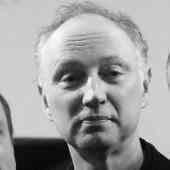

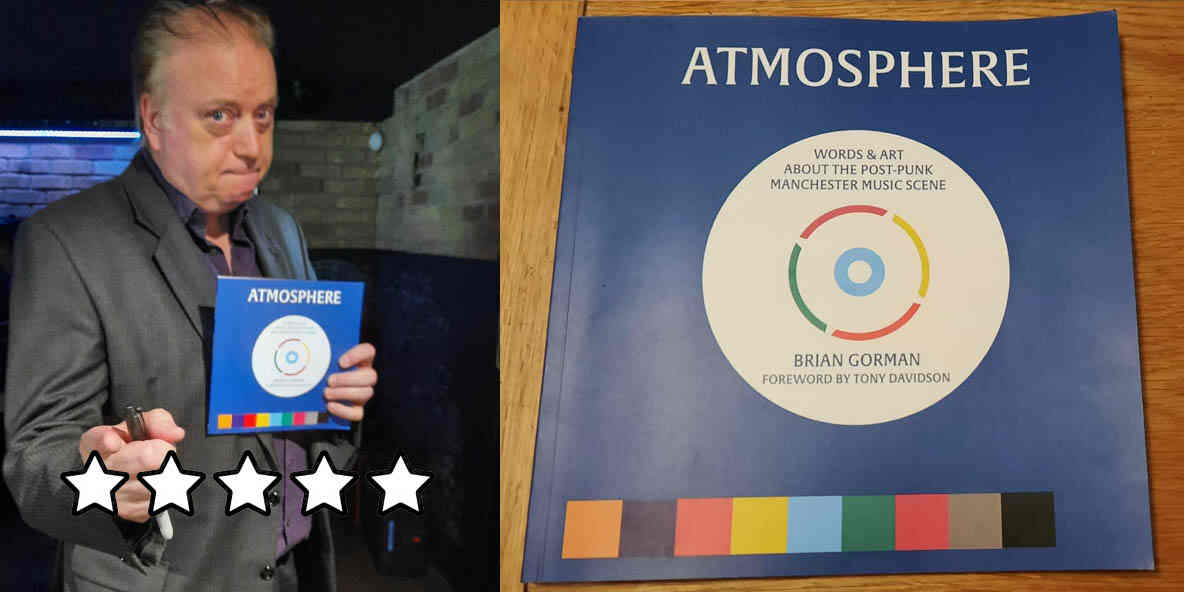
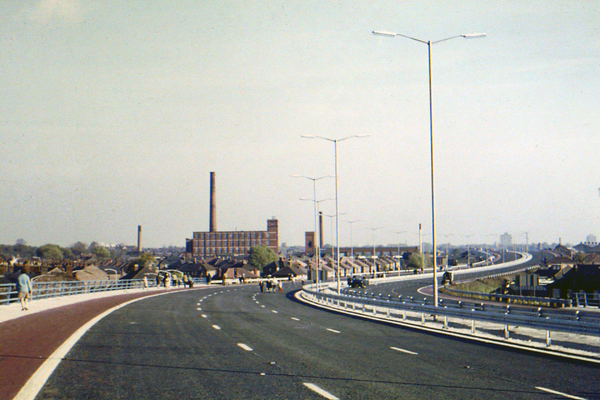
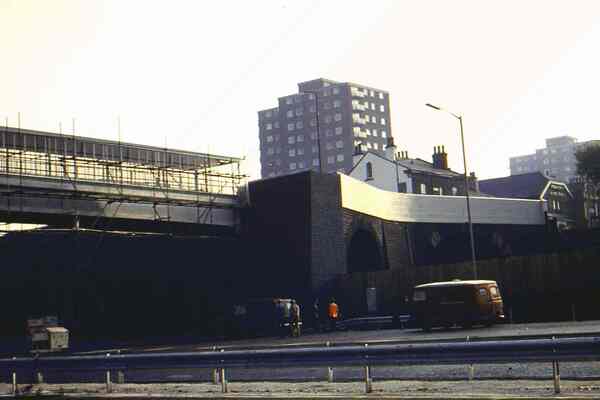
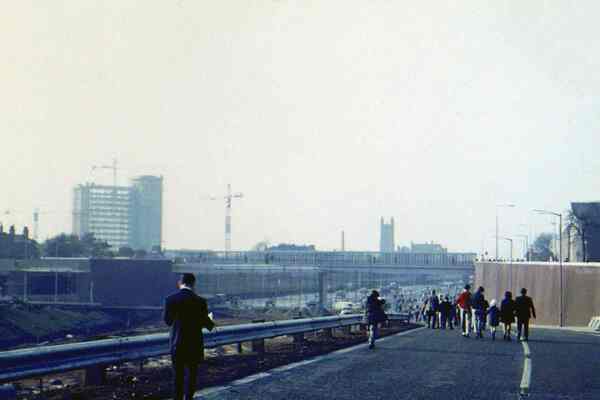
Recommended Comments
There are no comments to display.
Create an account or sign in to comment
You need to be a member in order to leave a comment
Create an account
Sign up for a new account in our community. It's easy!
Register a new accountSign in
Already have an account? Sign in here.
Sign In Now